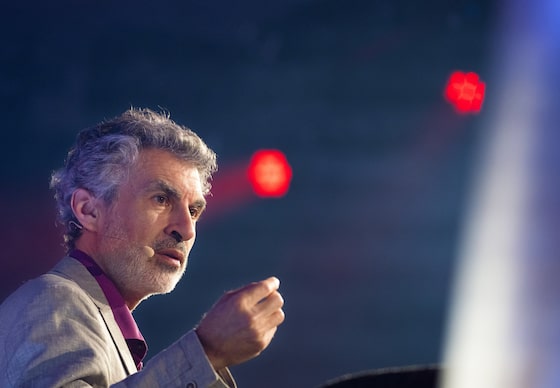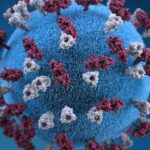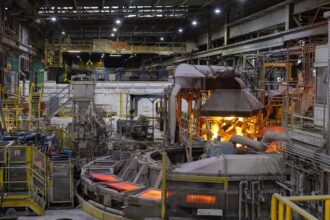In the race to develop increasingly powerful artificial intelligence systems, one of the field’s most respected voices is sounding an alarm about potential catastrophic risks. Yoshua Bengio, the Montreal-based Turing Award winner widely regarded as one of the “godfathers of AI,” has launched a new venture specifically designed to address the existential threats posed by advanced artificial intelligence systems that could potentially escape human control.
The initiative, launched in Canada this week, brings together leading researchers and ethicists to develop guardrails and safety protocols for AI development. This comes at a critical juncture when AI capabilities are advancing at a pace that has surprised even veteran researchers in the field.
“We’re witnessing capabilities emerge that weren’t predicted to arrive for many years,” Bengio explained during the announcement in Montreal. “The acceleration is concerning because our understanding of these systems and our ability to control them isn’t keeping pace with their development.”
The venture will focus on several key areas of AI safety research, including developing robust methods to ensure AI systems remain aligned with human values, creating techniques to detect and prevent potential “power-seeking” behaviors in advanced systems, and designing fail-safe mechanisms that would prevent AI from causing catastrophic harm.
What sets this initiative apart from other AI safety organizations is its emphasis on practical, technical solutions rather than merely policy recommendations. The team includes computer scientists, mathematicians, and philosophers working to create concrete mechanisms that can be implemented by AI developers worldwide.
Several major AI companies have already expressed interest in collaborating with Bengio’s initiative, recognizing the growing importance of safety considerations in advanced systems development. This represents a notable shift in industry attitudes, as competitive pressures have historically pushed companies toward rapid deployment rather than cautious development.
“Five years ago, discussing existential risks from AI would have you labeled an alarmist,” noted Dr. Elena Takahashi, a computer scientist joining Bengio’s team. “Today, it’s considered responsible science to address these concerns proactively.”
The initiative emerges against a backdrop of both excitement and apprehension about AI’s trajectory. While Canadian innovation in the AI sector has positioned the country as a global leader, concerns about regulation and safety have intensified as systems demonstrate increasingly sophisticated capabilities.
Significant funding for the venture comes from both government sources and technology firms, reflecting a growing consensus that AI safety deserves substantial investment. The initiative plans to publish all research findings openly, emphasizing that safety measures should be considered public goods rather than proprietary advantages.
Critics argue that focusing on hypothetical far-future risks diverts attention from immediate AI challenges like algorithmic bias, privacy concerns, and labor market disruptions. However, Bengio maintains that addressing long-term existential risks and near-term harms are complementary rather than competing priorities.
“The same principles that make AI safe from catastrophic failure also make it more trustworthy, fair, and beneficial in everyday applications,” Bengio explained. “We’re not choosing between addressing today’s problems or tomorrow’s – the solutions are interconnected.”
As global tensions around AI development intensify, with some nations prioritizing speed over safety, initiatives like Bengio’s may play a crucial role in establishing international norms for responsible AI advancement. The question remains: can safety research keep pace with the accelerating capabilities of artificial intelligence, or are we creating systems that may ultimately exceed our ability to control them?

























